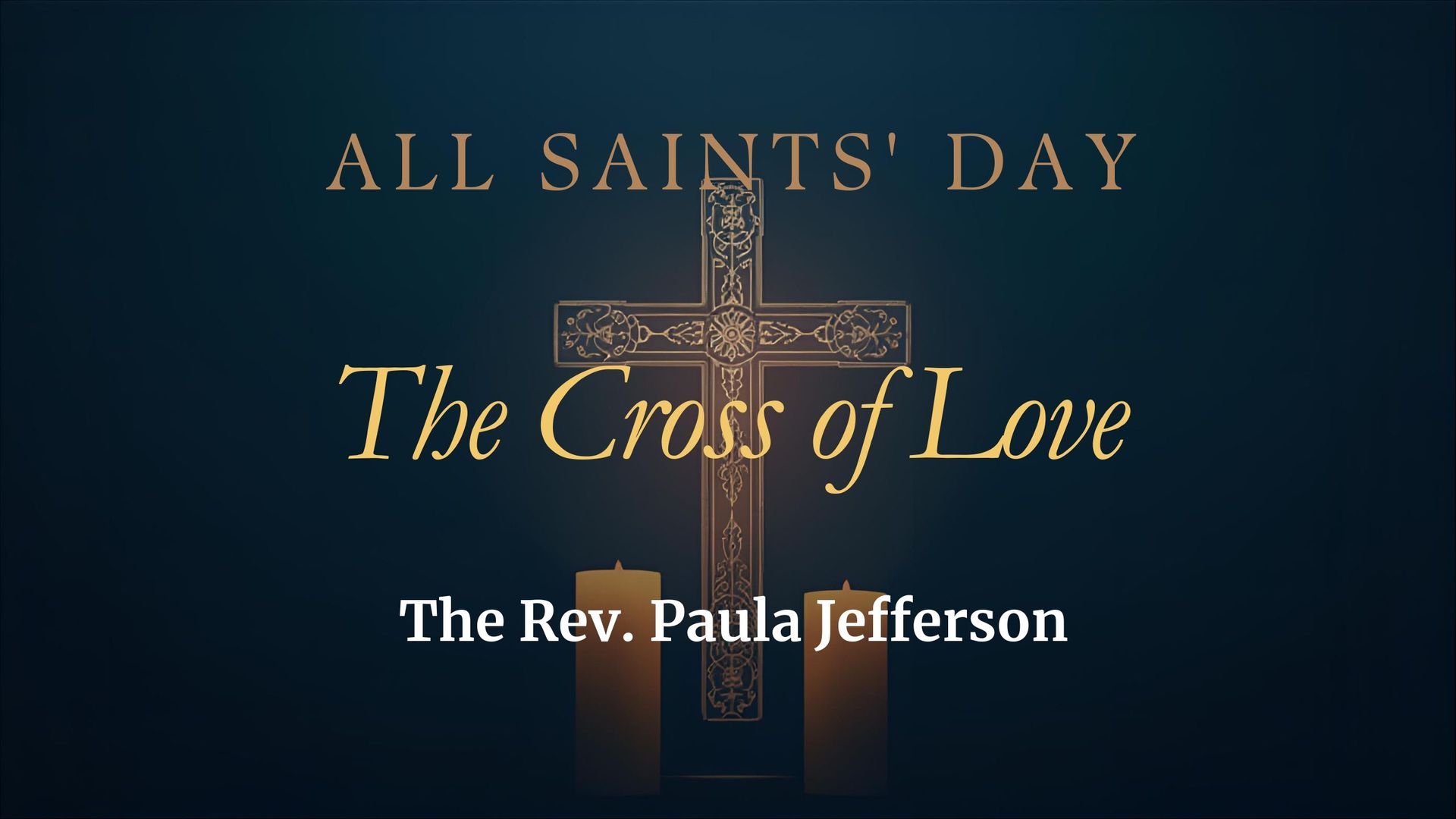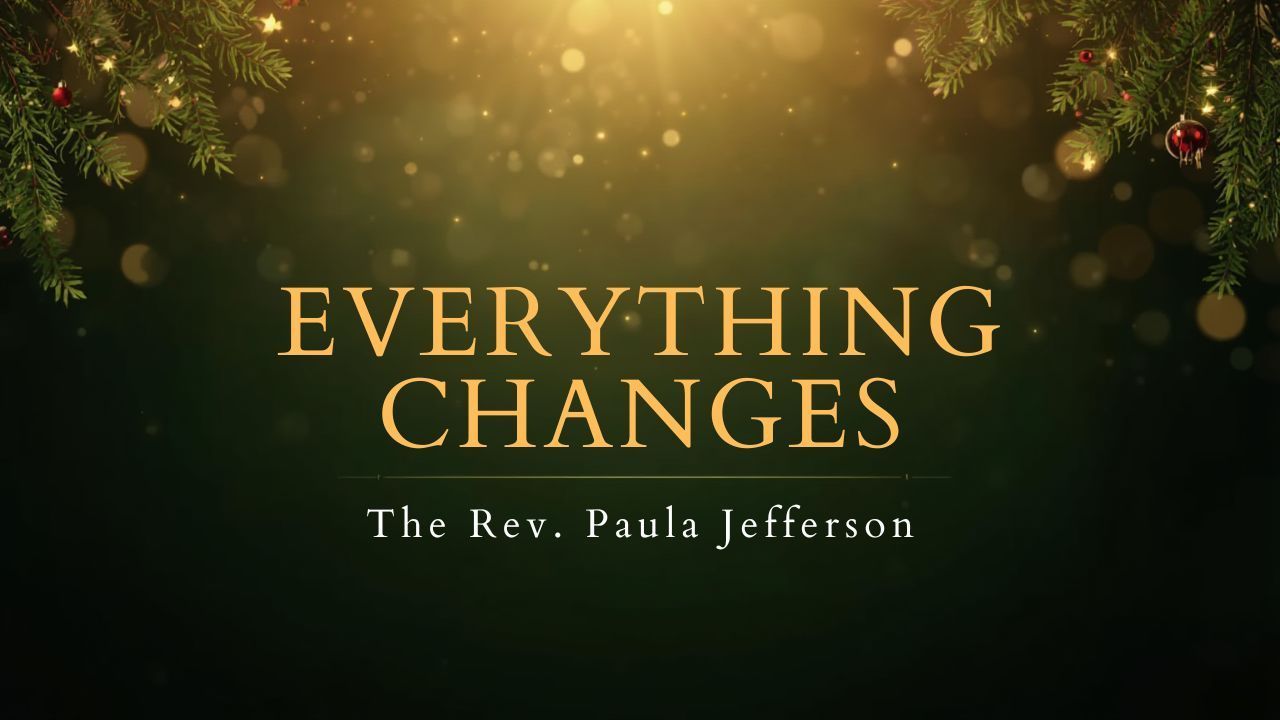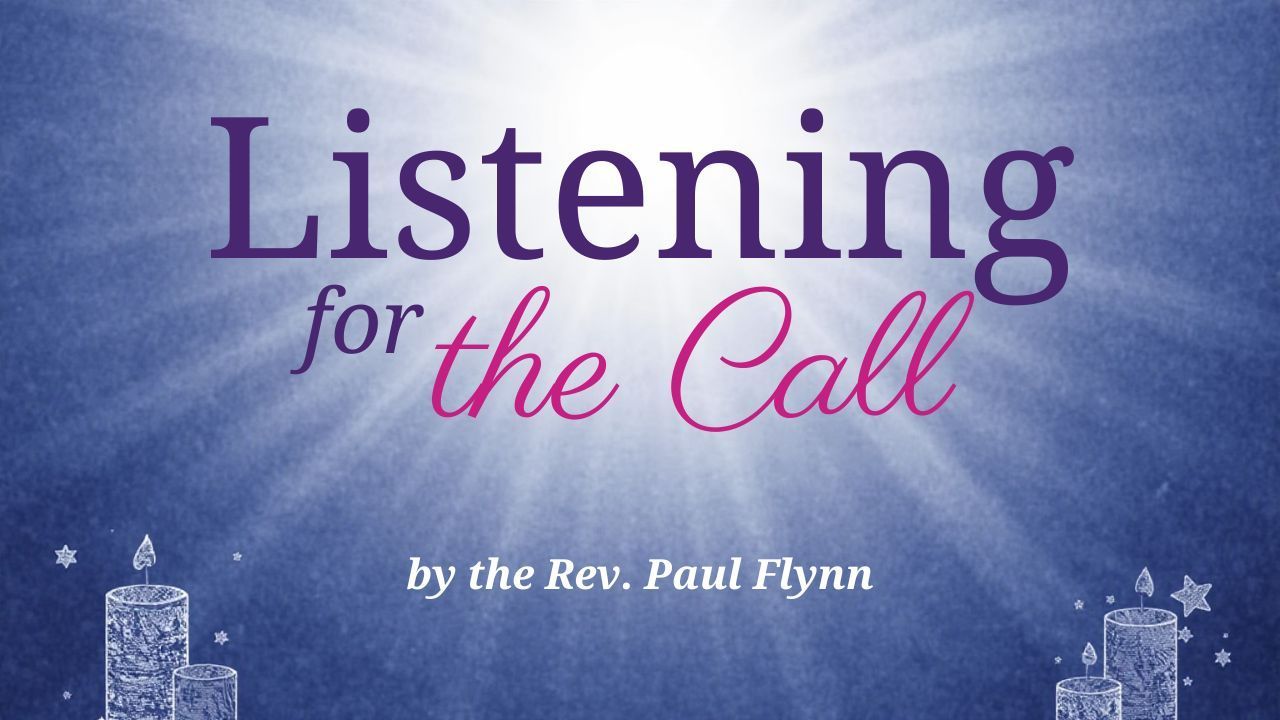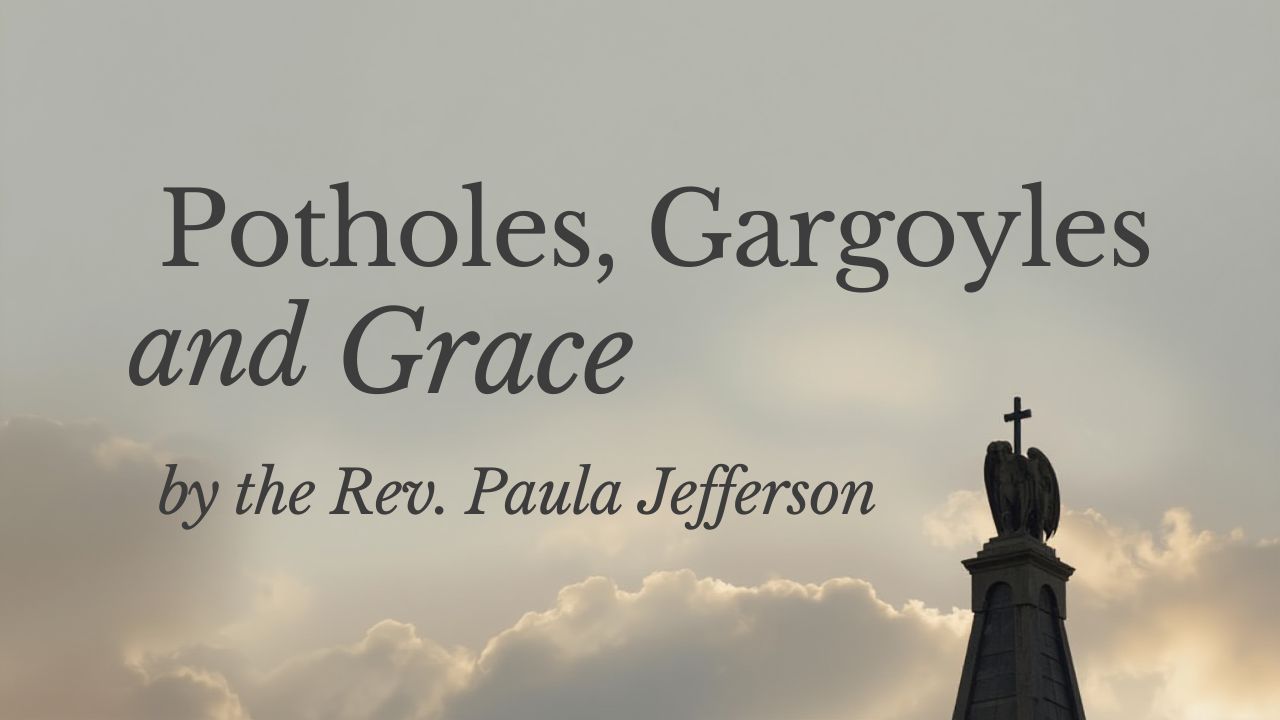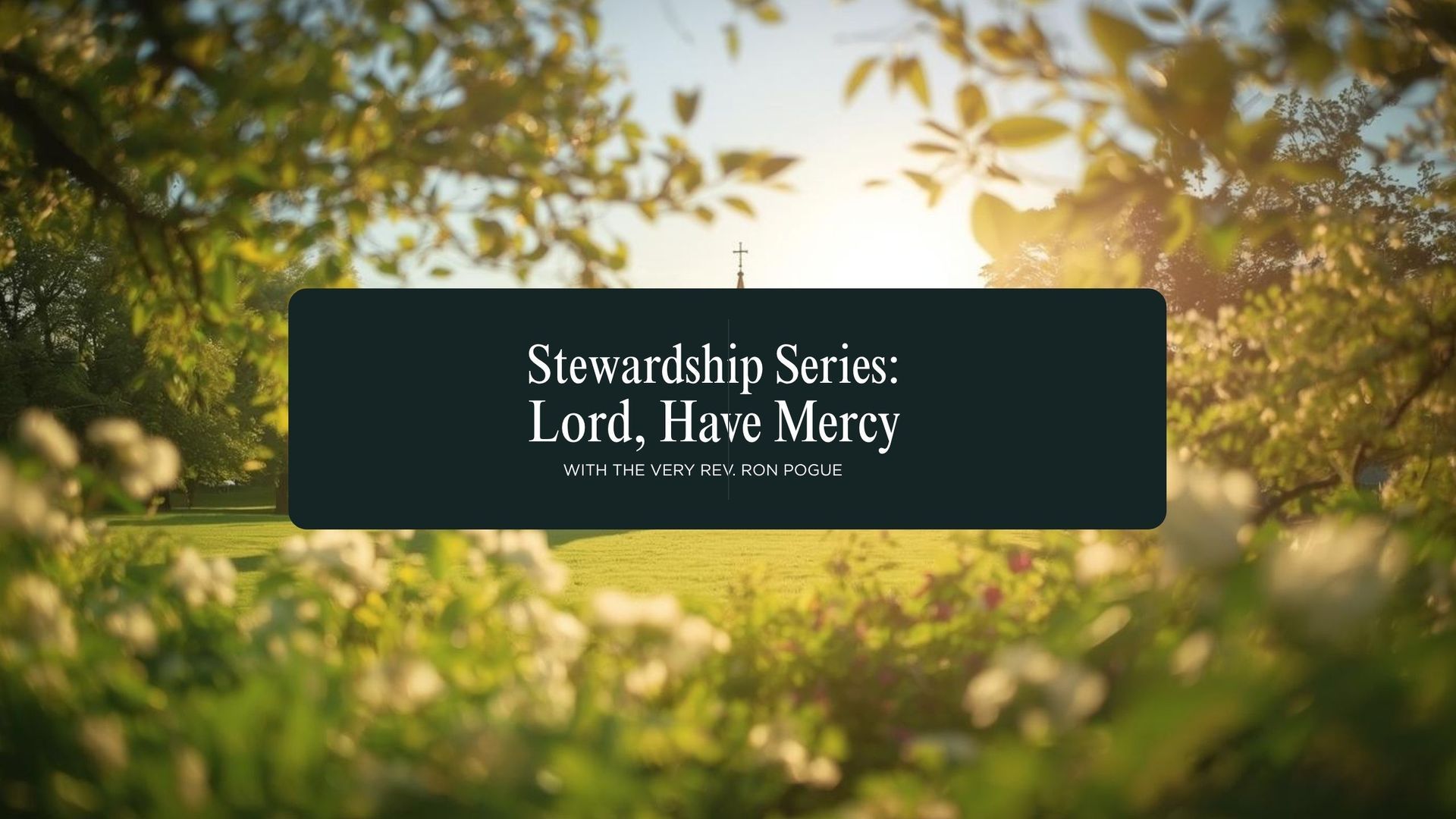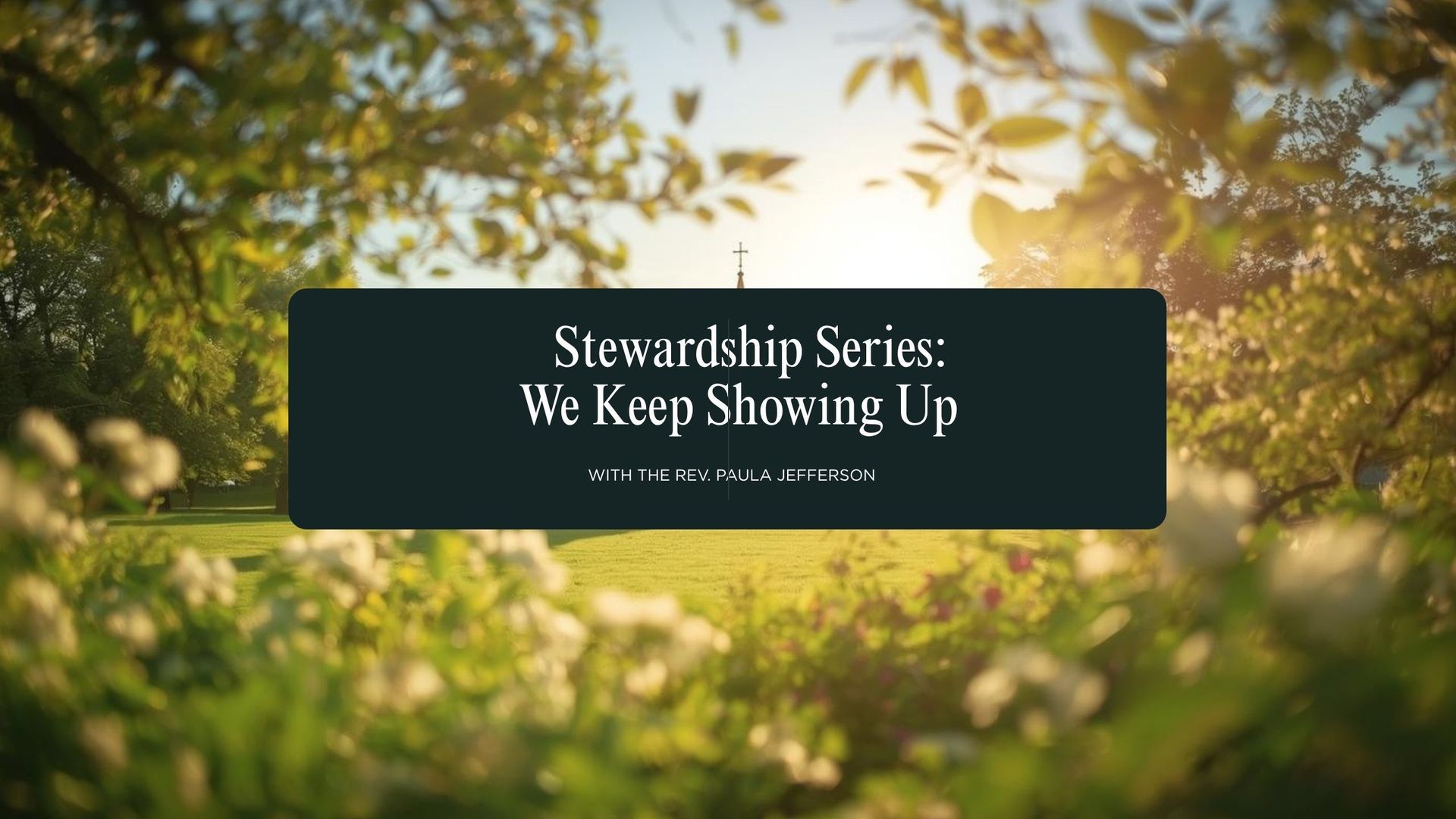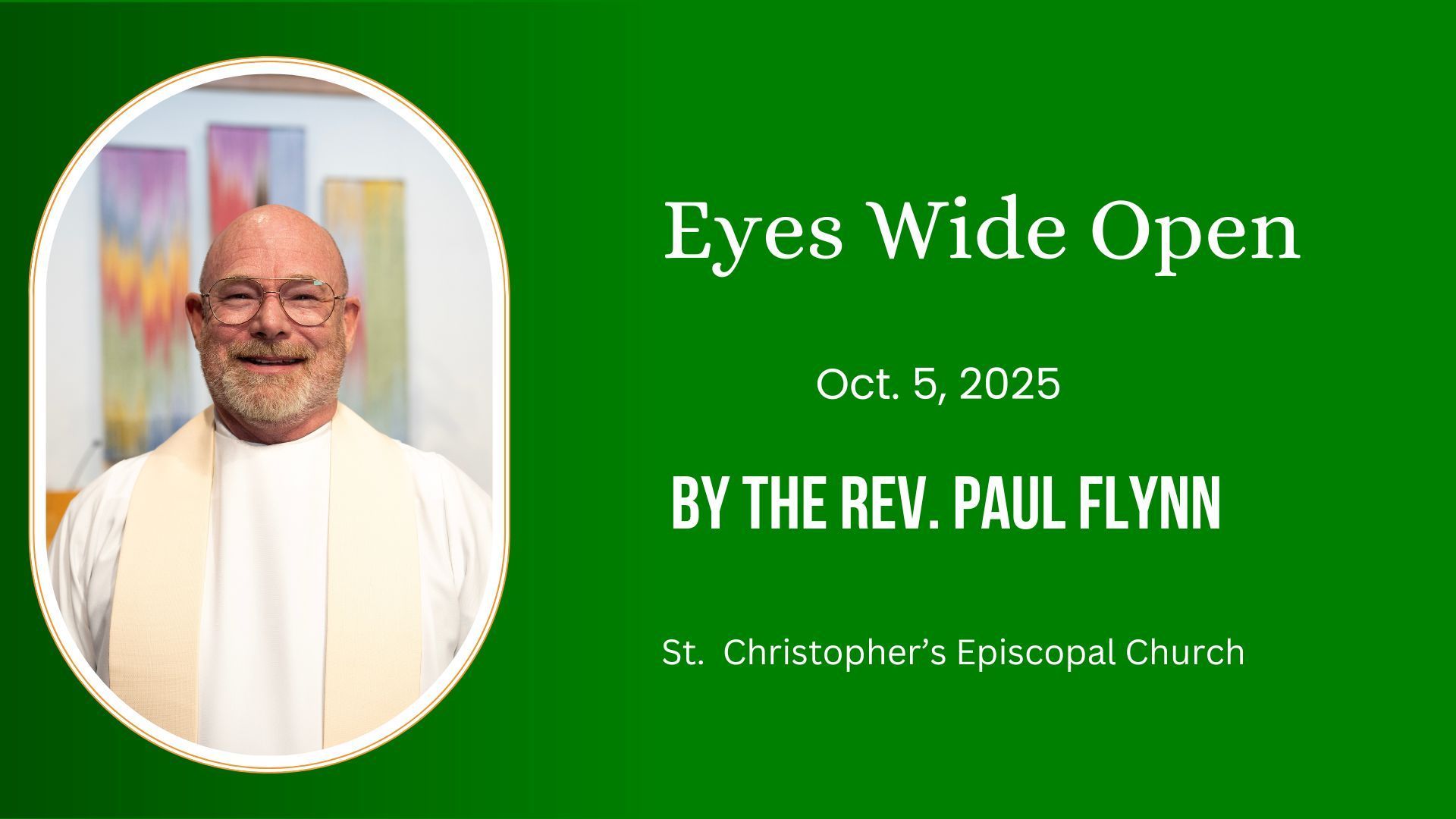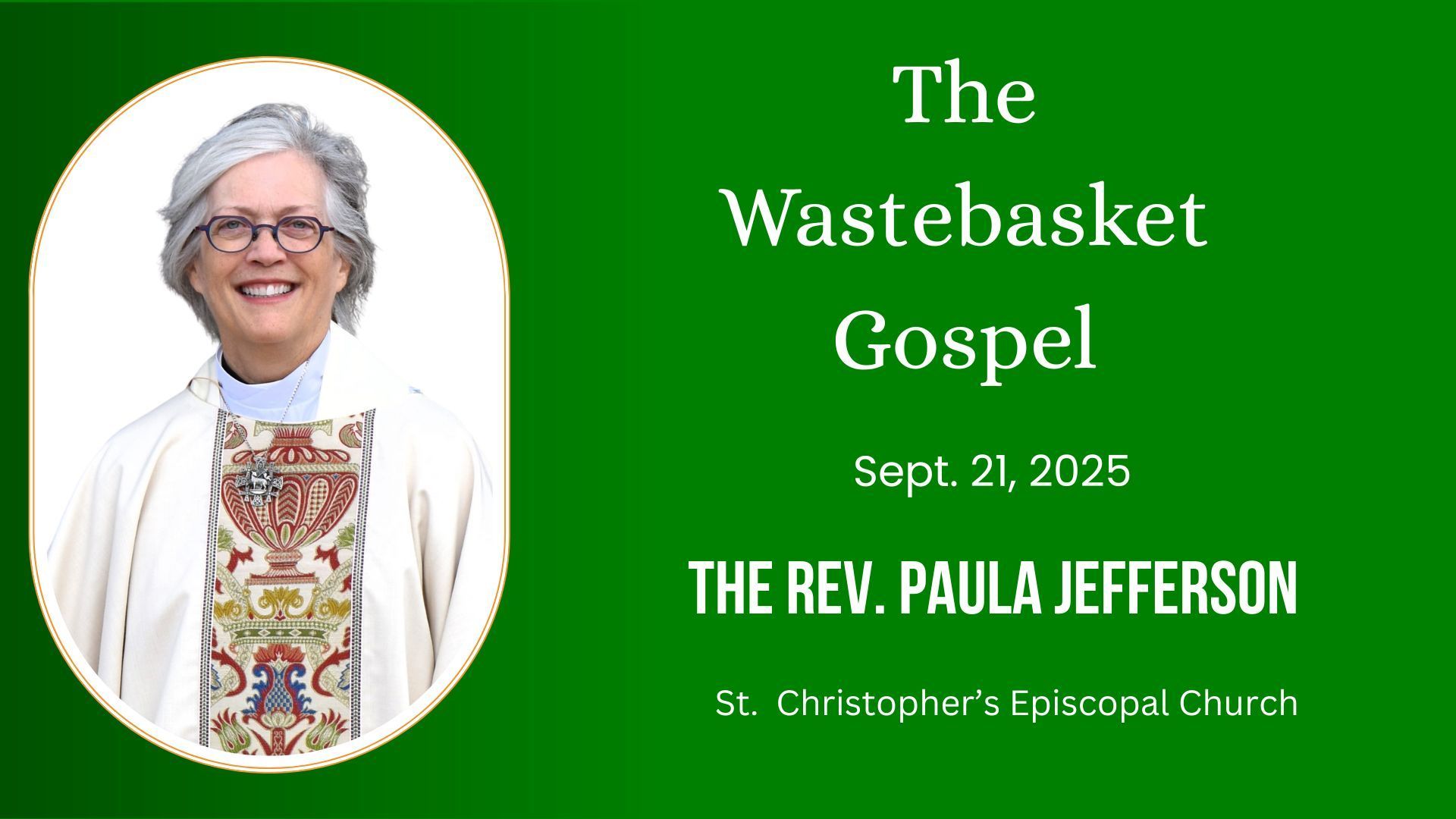First, a word about stewardship.
Giving a tenth of your income to the Lord is known as a tithe, and it is a good thing—something I’ve practiced since I was a child—but that is not stewardship.
Stewardship is about how we care for or look after All that we have been entrusted with.
What kind of stewards are we of our money and our possessions?
What does the stewardship of our bodies look like?
How are we looking after our neighbors?
How are we caring for this church we have been entrusted with?
How are we stewards of our community at large?
And how are we taking care of our World?
During this Stewardship Season, yes—be open to how God is calling you to pledge a portion of the money you have been entrusted with—to the work God is doing in this place.
But also, let us be open to how God is calling us to be faithful stewards of ALL that we have been entrusted with.
And now, on to our sermon for the day.
James and John, the sons of Zebedee, came forward to Jesus and said to him, “Teacher. We want you to do for us whatever we ask of you.” And he said to them, “What is it you want me to do for you?”
These are the words of a very wise man. Jesus is no fool. He is going to find out exactly what is being asked of him before giving his response
So, the disciples James and John tell Jesus what they want. “Grant us to sit, one at your right hand and one at your left, in your glory.” And Jesus responds, “You have no idea what you are asking!”
We can see the picture that the Gospel writer has drawn so clearly, and we may find ourselves ridiculing James and John, “Why do they think they should be able to make such a request of Jesus?” “Who do they think they are?”
But before we get too judgmental, we need to consider a few things. First of all, it was not unheard of for kings to issue “whatever you want ‘ kind of statements to indicate their favor towards an individual. And James and John perceived Jesus as one who was preparing to set up his kingdom, and they already knew they had preferred status. They were part of the inner circle after all. Jesus often called them out or set them apart, along with Peter.-you know it was Peter and James and John in the sailboat, Peter , James and John at the transfiguration, it would be Peter , James and John that Jesus would ask to go with him to pray in the garden. They may have felt that favored status was a real possibility.
Whatever their motivation , Jesus response to them is clear, "You do not know what you are asking.."
But, Jesus doesn’t leave them there. In response to their original request, and the rising anger of the other disciples, Jesus reminds them all,
You know that among the Gentiles those whom they recognize as their rulers lord it over them, and their great ones are tyrants over them. 43 But it is not so among you; but whoever wishes to become great among you must be your servant, 44 and whoever wishes to be first among you must be slave of all. 45 For the Son of Man came not to be served but to serve, and to give his life a ransom for many."
Jesus reminds his disciples that in the kingdom of God the way to honor and greatness are through humility and service. In the kingdom of God we are called to serve one another as Christ serves us, with a deep and profound love.
In studying scripture, it is always insightful to read the texts that surround a designated reading. For they are not isolated incidents, but rather are part of a much larger story, a much larger literary piece
The passage that comes just after this reading opens our eyes to a deeper understanding of this text.
Just after this incident, Jesus and his disciples arrive at Jericho and as they are leaving, they hear a blind man calling out, “Jesus, Son of David, have mercy on me.” When the blind man is hushed, he cries out even louder, and Jesus tells people to bring him near. And then, we hear that question again: “What is it you want me to do for you?” This is the same question that Jesus put to James and John. But whereas James and John replied, “grant us places of honor when you come in glory,” the blind mans response is, “Rabbi, let me see again.” And to him Jesus responds "Go; your faith has made you well." And Immediately he regained his sight and followed Jesus on the way.
In both situations, Jesus asked the question, “What is it you want me to do for you?”
For Bartimeaus, Jesus response was “ your faith has made you well”, and his eyes were opened. And he said, come and follow me.
For James and John, he said, “you do not know what you are asking”-- but then he opened their eyes so that they could see—not only what they were really asking, but also how their true desire could be granted. They wanted to have places of authority in the kingdom and Jesus told them how that really works. He did not laugh at them or ridicule. He invited them to be part of the answer to their prayer. He told them how it should be done and then with his life he showed them how to do it.
As we read the scripture, we see in Jesus one who is intensely interested-not only in meeting people’s needs, but also in listening to the desires of their hearts.
This is part of the Good news of God.
God calls to us as we are walking on our way. He calls to us when we are sitting by the road. He calls to us when we are surrounded by our friends, and when we are all alone.
And he says, “What is it you want me to do for you?”
And we can have the courage to answer God plainly, knowing that no matter how outrageous or improbable our request is, God can take it all in stride. Our requests may be for healing of broken bodies or broken spirits or broken relationships. They may be for deliverance from old fears or old habits or old addictions. Our requests may be for new jobs or new friends or new hopes and dreams. And God’s response may be “Your faith has made you whole.” Or it may be, “You have no idea what you are asking.”
But if that is so, just as he did with James and John he will not leave us there. God will begin to open our eyes and reveal to us the precepts of the kingdom. God will say, come, follow me. And as we follow we will see God showing us the way.
And so as these words were proclaimed in the gospel today
And as they resonate from the deep places of our hearts-as the Lord speaks to us within.
We are called again, afresh and anew to give our own answer to this question that others have heard before
And Jesus said to them
And Jesus said to him
And Jesus says to us
“What is it you want me to do for you?”

